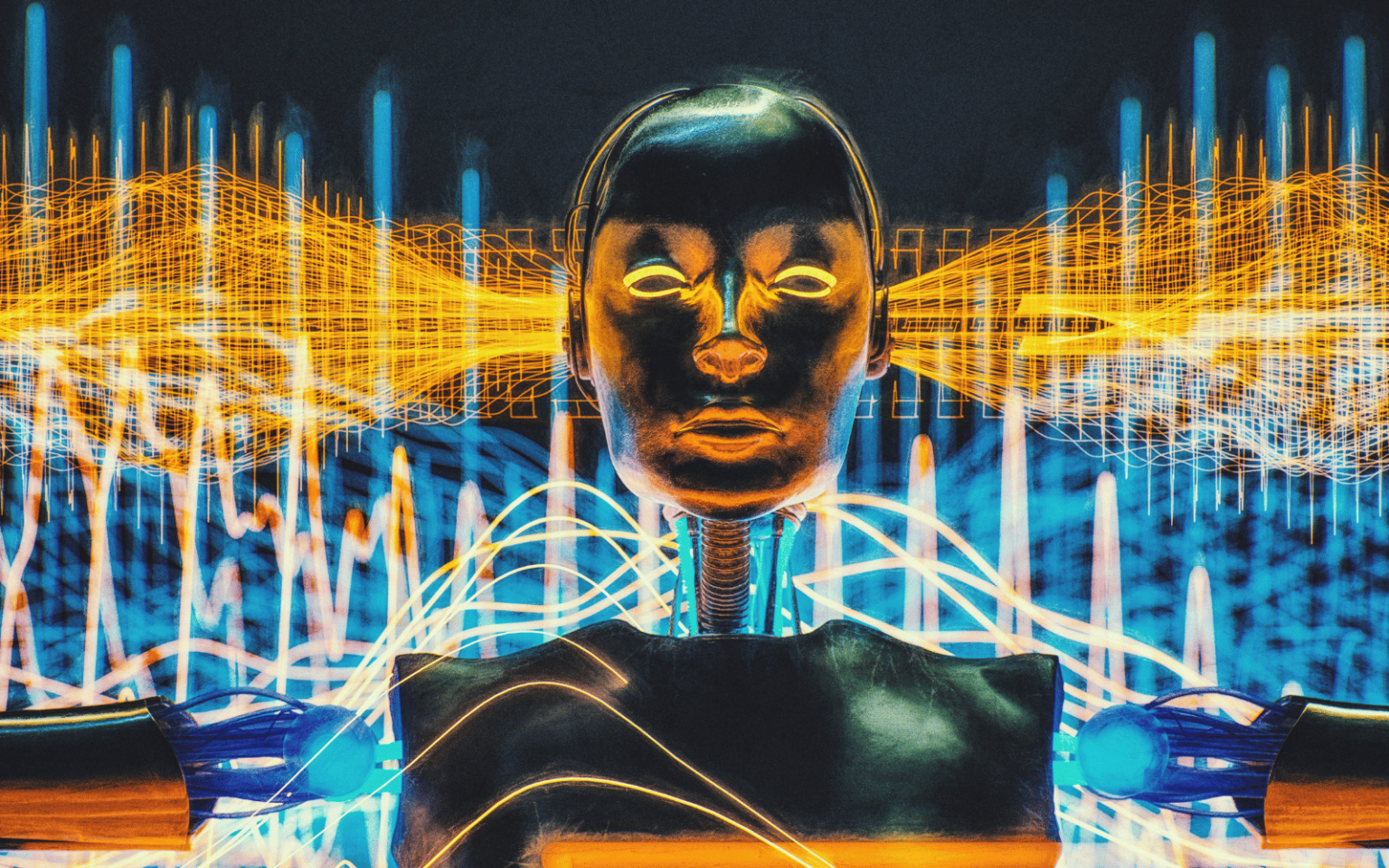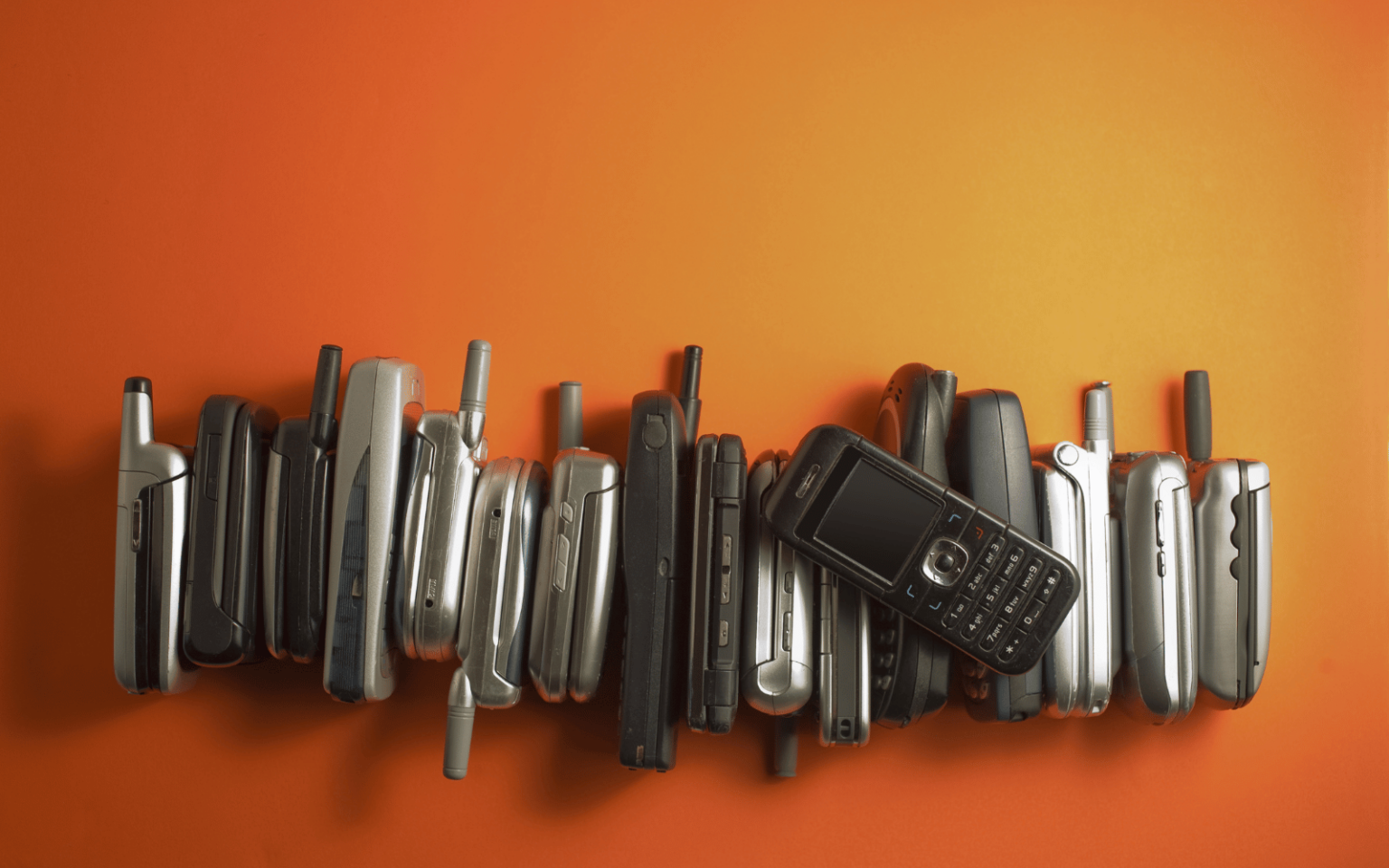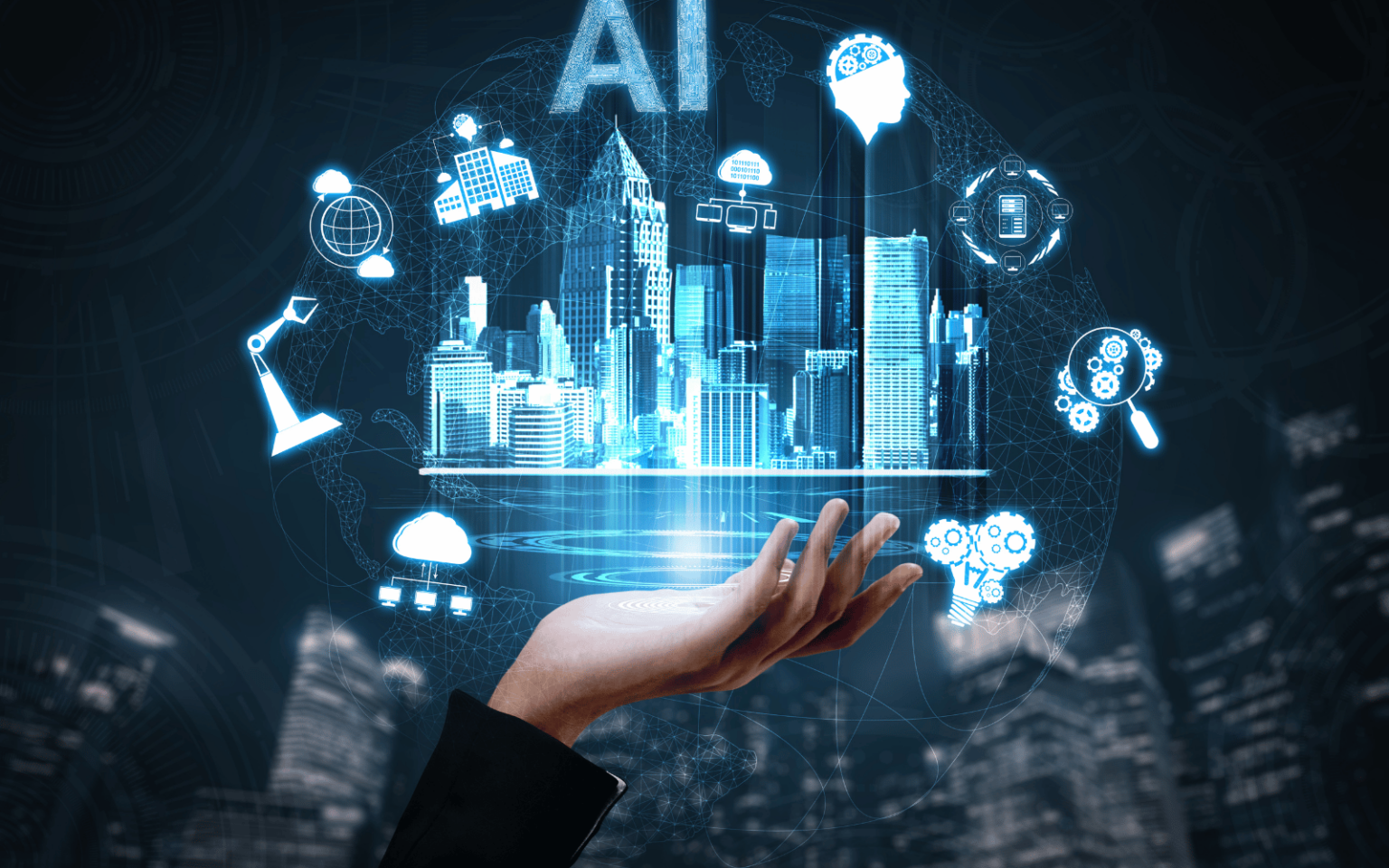For the most part, the focus of contemporary emergency management has been on natural, technological and human-made hazards such as flooding, earthquakes, tornadoes, industrial accidents, extreme weather events and cyber attacks. However, with the increase in the availability and capabilities of artificial intelligence, we may soon see emerging public safety hazards related to these technologies that we will need to mitigate and prepare for. Over the past 20 years, my colleagues and I — along with many other researchers — have been leveraging AI to develop models and applications that can identify, assess, predict, monitor and detect hazards to inform emergency response operations and decision-making. We are now reaching a…
Author: The Conversation
Infectious disease outbreaks in African countries are, unfortunately, all too common. Ebola in the Democratic Republic of the Congo or Uganda; Marburg virus in Guinea or Equatorial Guinea; cholera in Malawi; malaria and tuberculosis are among them. These diseases do not respect human-made or porous borders. So it’s essential that scientists in Africa are able to generate and share critical data on the pathogens in time to inform public-health decisions. Genomic sequencing technologies are powerful tools in this kind of work. They enable scientists to decode the genetic material of diseases and create biological “fingerprints” to investigate and track the pathogens that cause those diseases. This information…
For the first time, astronomers have captured images that show a star consuming one of its planets. The star, named ZTF SLRN-2020, is located in the Milky Way galaxy, in the constellation Aquila. As the star swallowed its planet, the star brightened to 100 times its normal level, allowing the 26-person team of astronomers I worked with to detect this event as it happened. I am a theoretical astrophysicist, and I developed the computer models that our team uses to interpret the data we collect from telescopes. Although we only see the effects on the star, not the planet directly, our…
Like most people I check my emails in the morning, wading through a combination of work requests, spam and news alerts peppering my inbox. But yesterday brought something different and deeply disturbing. I noticed an alert from the American Cybersecurity and Infrastructure Security Agency (CISA) about some very devious malware that had infected a network of computers. The malware in question is Snake, a cyber espionage tool deployed by Russia’s Federal Security Service that has been around for about 20 years. According to CISA, the Snake implant is the “most sophisticated cyber espionage tool designed and used by Center 16 of Russia’s Federal…
The past few years have seen an explosion of progress in large language model artificial intelligence systems that can do things like write poetry, conduct humanlike conversations and pass medical school exams. This progress has yielded models like ChatGPT that could have major social and economic ramifications ranging from job displacements and increased misinformation to massive productivity boosts. Despite their impressive abilities, large language models don’t actually think. They tend to make elementary mistakes and even make things up. However, because they generate fluent language, people tend to respond to them as though they do think. This has led researchers to study the models’ “cognitive” abilities and biases, work that has grown…
Whether it’s Facebook’s News Feed or TikTok’s For You page, social media algorithms are constantly making behind-the-scenes decisions to boost certain content – giving rise to the “curated” feeds we’ve all become accustomed to. But does anyone actually know how these algorithms work? And, more importantly, is there a way to “game” them to see more of the content you want? Optimising for engagement In broader computing terms, an algorithm is simply a set of rules that specifies a particular computational procedure. In a social media context, algorithms (specifically “recommender algorithms”) determine everything from what you’re likely to read, to…
There is a growing movement among Gen Z to do away with smartphones and revert back to “less smart” phones like old-school flip and slide phones. Flip phones were popular in the mid-1990s and 2000s, but now seem to be making a comeback among younger people. While this may seem like a counter-intuitive trend in our technology-reliant society, a Reddit forum dedicated to “dumb phones” is steadily gaining in popularity. According to a CNBC new report, flip phones sales are on the rise in the U.S. Gen Z’s interest in flip phones is the latest in a series of obsessions young people are having…
Most diamonds are formed deep inside Earth and brought close to the surface in small yet powerful volcanic eruptions of a kind of rock called “kimberlite”. Our supercomputer modelling, published in Nature Geoscience, shows these eruptions are fuelled by giant “pillars of heat” rooted 2,900 kilometres below ground, just above our planet’s core. Understanding Earth’s internal history can be used to target mineral reserves – not only diamonds, but also crucial minerals such as nickel and rare earth elements. Kimberlite and hot blobs Kimberlite eruptions leave behind a characteristic deep, carrot-shaped “pipe” of kimberlite rock, which often contains diamonds. Hundreds of these…
On March 22, 2023, thousands of researchers and tech leaders – including Elon Musk and Apple co-founder Steve Wozniak – published an open letter calling to slow down the artificial intelligence race. Specifically, the letter recommended that labs pause training for technologies stronger than OpenAI’s GPT-4, the most sophisticated generation of today’s language-generating AI systems, for at least six months. Sounding the alarm on risks posed by AI is nothing new – academics have issued warnings about the risks of superintelligent machines for decades now. There is still no consensus about the likelihood of creating artificial general intelligence, autonomous AI systems that match or exceed humans at most economically valuable tasks. However,…
The technology to decode our thoughts is drawing ever closer. Neuroscientists at the University of Texas have for the first time decoded data from non-invasive brain scans and used them to reconstruct language and meaning from stories that people hear, see or even imagine. In a new study published in Nature Neuroscience, Alexander Huth and colleagues successfully recovered the gist of language and sometimes exact phrases from functional magnetic resonance imaging (fMRI) brain recordings of three participants. Technology that can create language from brain signals could be enormously useful for people who cannot speak due to conditions such as motor neurone disease. At the…










